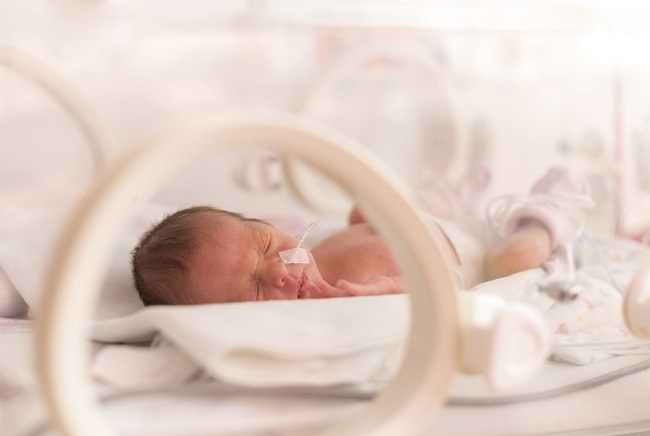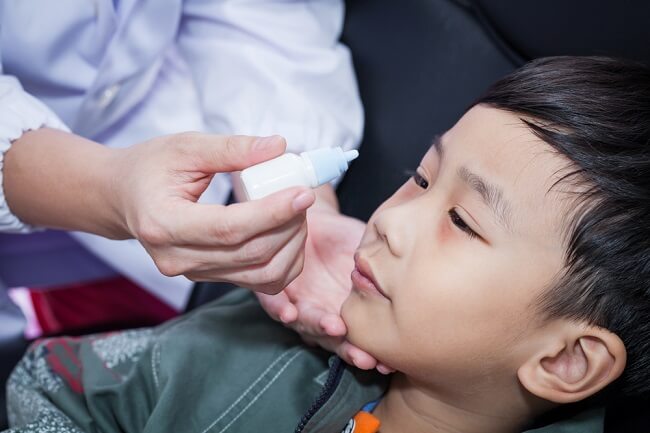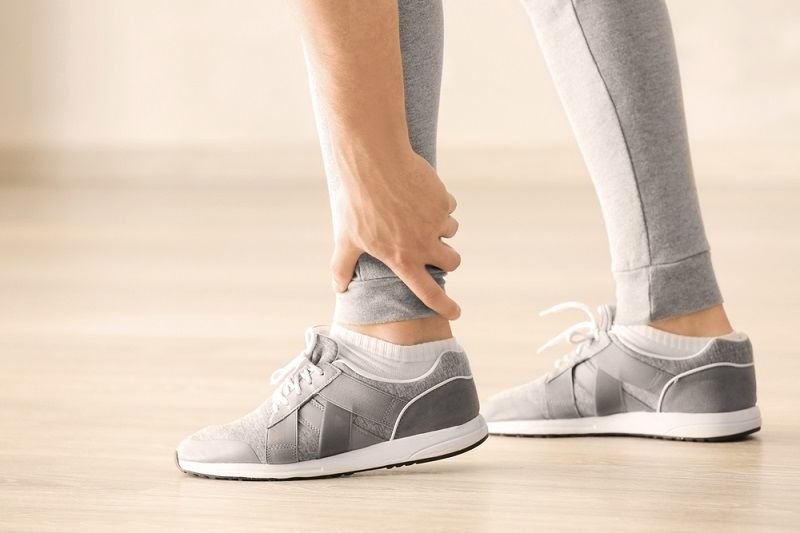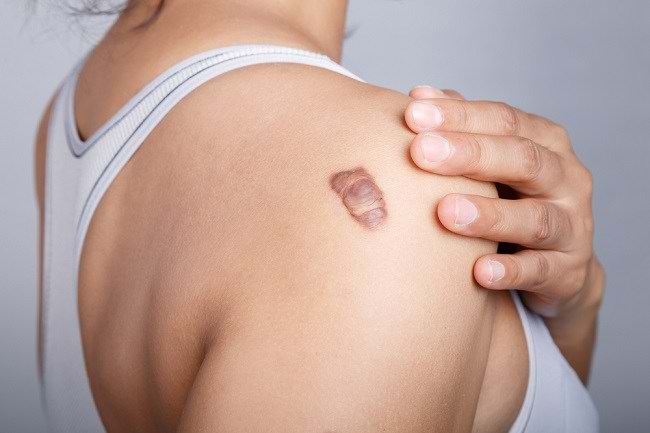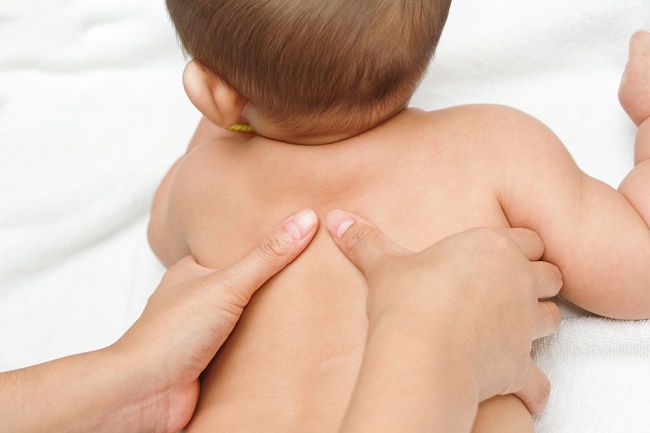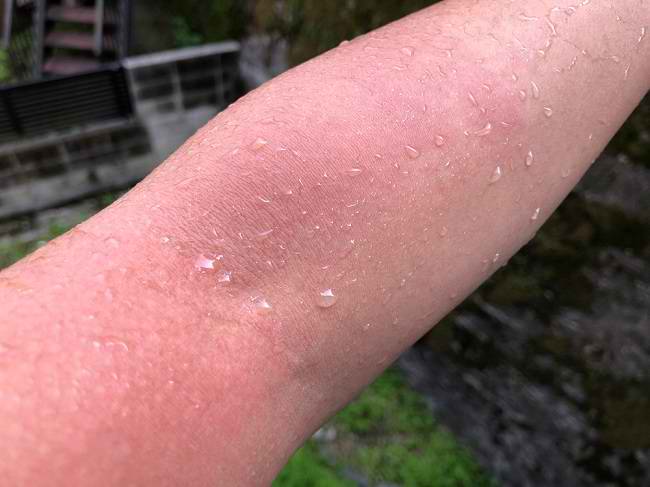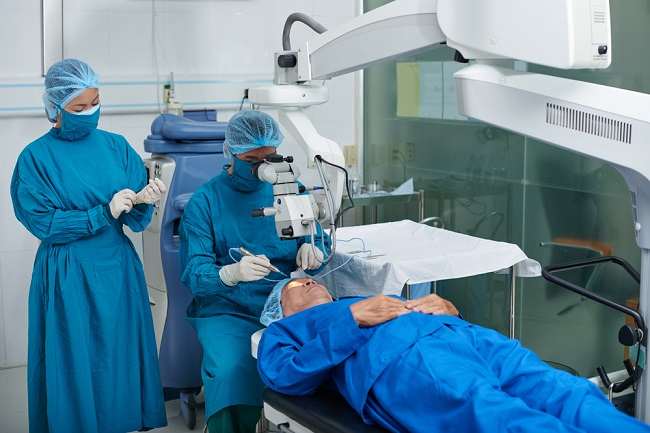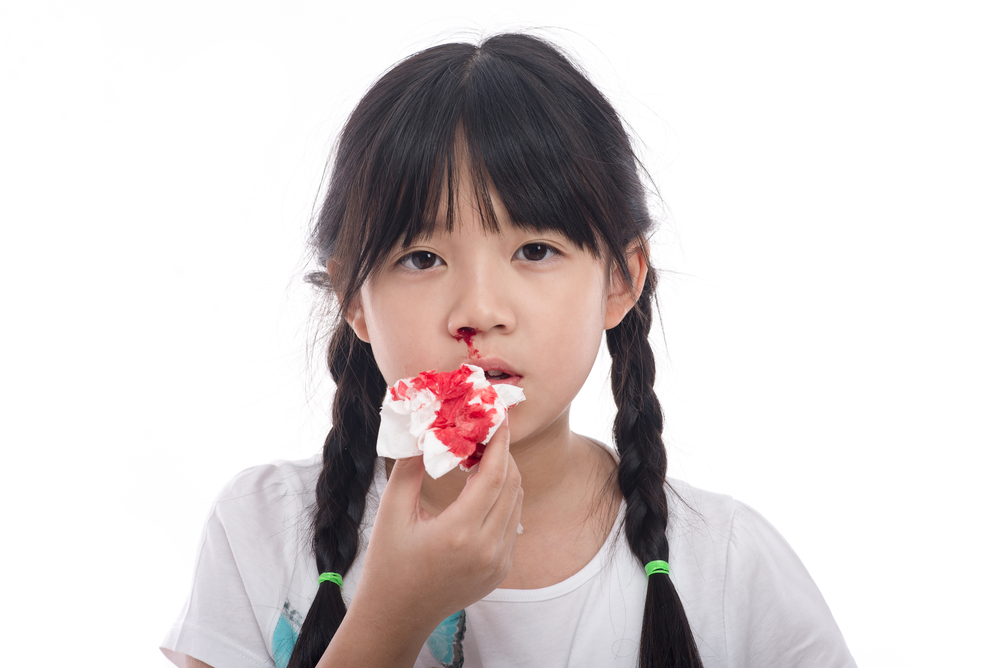Generally aI want to have frequent nosebleeds at the age of 3-10 years. The cause could be dry air, nose picking habits, ora problem in the nose. But be careful, children often have nosebleeds can also caused by a serious condition.
Nosebleeds in children can occur suddenly and at any time, such as when he is playing, doing activities or going to school, to resting or sleeping.
Nosebleeds in medical parlance are called epistaxis. This condition occurs when small blood vessels in the nose burst. These blood vessels are easily broken because the walls are thin and are close to the surface of the skin. Nosebleeds can last from a few seconds to a few minutes, but usually don't last more than 10 minutes.

Causes of Children Often Nosebleeds
Children are more at risk of nosebleeds than adults, because the blood vessels in their nose are more numerous and thinner. There are several things that can cause frequent nosebleeds, namely:
1. Dry air
The main cause of frequent nosebleeds in children is dry air, especially because of the use of air conditioning. Dry air makes the mucus in the nose dry and itchy. When a child picks his nose excessively to get the nosebleed out, the nasal blood vessels can burst.
2. Picking the nose
Picking your nose too often, too deeply, or too roughly can injure the blood vessels in the nose, causing nosebleeds.
3. Colds or allergies
Any disease that causes symptoms such as nasal congestion and irritation can cause nosebleeds. Examples are allergies, sinusitis, and viral or bacterial infections. These conditions can make the lining of the nasal wall become inflamed, making it more prone to rupture.
4. Injury to the nose
Nosebleeds in children can also occur if the nose is hit, for example when falling or having an injury to the head.
5. The entry of foreign objects into the nose
Children aged 2 to 5 years are the group most at risk for getting a foreign body in the nose. Foreign objects that often enter a child's nose include beads, nuts, candy, and small toys. These foreign bodies can injure the nose, causing nosebleeds.
6. Drug side effects
Some types of medication to treat allergy symptoms can make the nasal membranes dry, making it risky to cause nosebleeds. In addition, drugs that have bleeding side effects, such as ibuprofen, can also cause frequent nosebleeds in children.
7. Suffering from certain diseases
Children often nosebleeds can also be caused by abnormal blood vessels or blood clotting disorders, although these conditions are rare. To be sure, it is necessary to check with an ENT doctor.
How to Handle and Recognize Dangerous Conditions
Don't panic when your child has a nosebleed. To handle this, do the following:
- Ask the child to sit down, bend forward slightly, and breathe through the mouth. This is to prevent the blood from being swallowed and irritate the digestive tract.
- Gently pinch just above the nostrils for 15-20 minutes.
- Stick an ice cube wrapped in a towel on the stick
- If the blood is still flowing, squeeze the nose again for 10 minutes.
- If a nosebleed in a child occurs because a foreign object has entered his nose, immediately take the child to the emergency department (IGD) at the nearest hospital so that the foreign object can be removed.
Although nosebleeds are common in children, there are some conditions that need to be watched out for and checked by a doctor if your child has frequent nosebleeds, namely:
- Occurs in children under 2 years of age.
- Lasted more than 20 minutes.
- There was a lot of blood coming out.
- Nosebleeds make the child short of breath, dizzy, or nauseous.
- Have a blood clotting disorder.
- The child accidentally swallowed enough blood to vomit.
- Nosebleeds are accompanied by symptoms of anemia, namely paleness, weakness, palpitations, and shortness of breath.
- Nosebleeds occur after a serious injury, such as an accident.
It's a good idea to check with your child's doctor if he has frequent nosebleeds, which is more than once a week. This is usually caused by irritation of the tiny blood vessels in the nose that takes a long time to heal, especially in children who have frequent colds or allergies.


